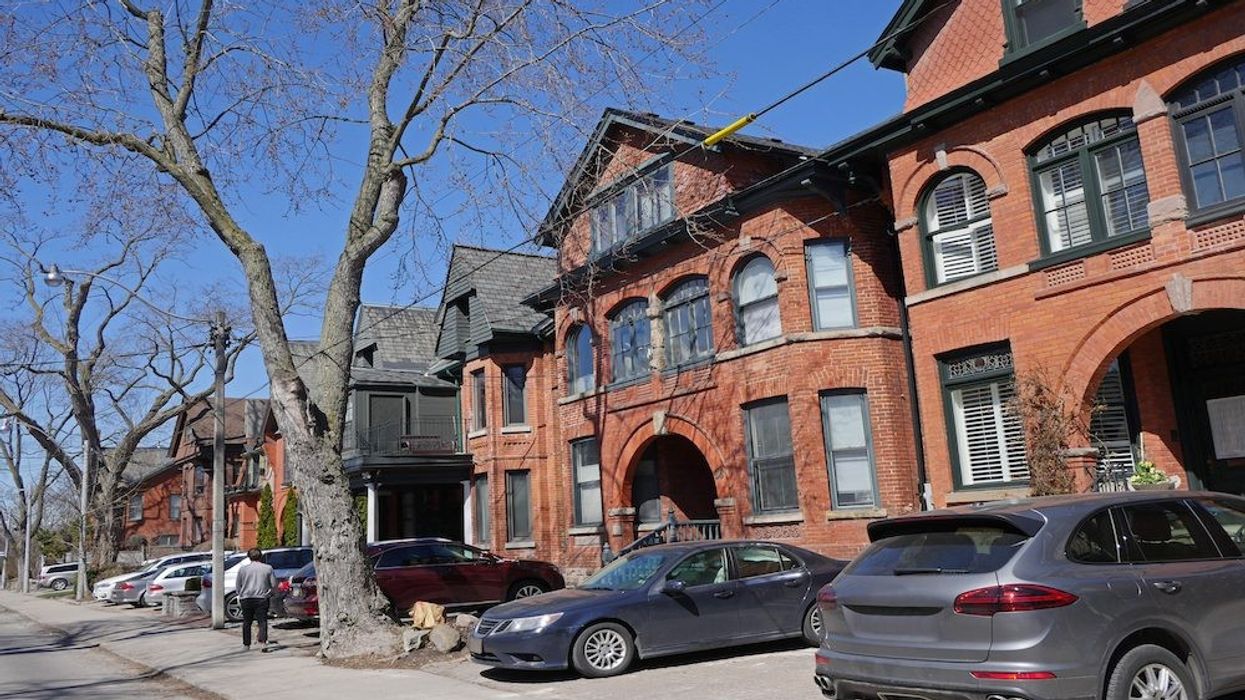As housing affordability continues to deteriorate across the country at levels not seen since the 1980s, National Bank of Canada says that it's "much more pronounced this time."
Canadians are in the midst of the longest sequence of declining home affordability since the late '80s, the National Bank of Canada's new housing affordability report lays out. Although Canadians have only seen seven consecutive quarters of affordability declines, compared to the 11 seen from 1986 to 1989, the mortgage on a typical home now takes up 67.3% of a borrower's income to service -- the highest amount seen since 1981.
Home prices are continuing to fall in markets across the country, but it hasn't been enough to mitigate the effects of rapidly rising interest rates, the bank says. The report, however, projects a total 15% decline in home prices in 2023 from this year's peak, offering some hope to aspiring homebuyers.
"This, combined with a stabilization of the benchmark five-year mortgage rate, should improve affordability in the coming quarters," the report reads.
All 10 major markets studied by the bank for the report saw a drop in affordability during the third quarter of the year with, in descending order, Vancouver, Victoria, Calgary, Montreal, and Toronto, seeing the biggest drains on affordability.
Toronto has seen eight straight quarters of deteriorating affordability, but the report notes that the deterioration appears to be slowing down, with Q3 seeing the smallest drop in a year.
"The deterioration was exclusively attributable to the increase in interest rates, while home prices declined 3.8% in the quarter and income progressed 0.9%," the report reads.
To own a non-condo home in Toronto, according to the report, households need an annual income of $273,549 and 361 months worth of savings to be able to afford a "representative home," priced at $1,351,766. For a representative condo, priced at $738,569, households need $174,466 in annual income and 65 months worth of savings.
Over in Canada's priciest market, Vancouver, the prospects of homeownership look even more bleak. To own a typical $1,718,668 house, National Bank of Canada says a household income of $347,797 is required, along with 459 months (just over 38 years) of savings. To buy a condo, the bank says a salary of $172,995 and 64 months of savings is needed.
For aspiring buyers looking to own a property in a major city with the least amount of time needed to save for it, they'll want to turn to the Edmonton condo market where they'll need a much more reasonable household income of $52,871 and 15 months of savings.





















